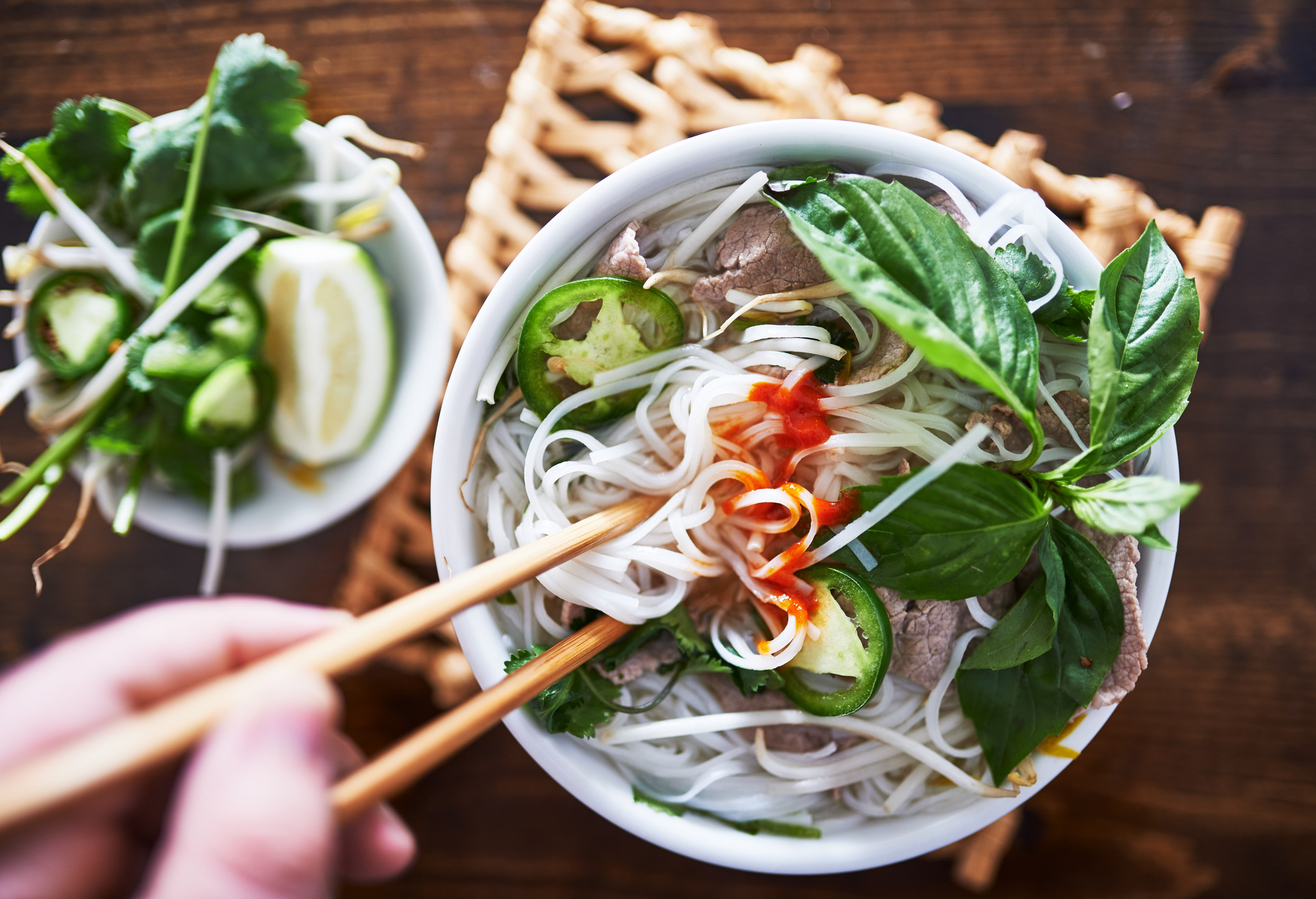Southeast Asia is increasingly establishing itself in Italy and Europe thanks to its rich culinary offer.
“Don't eat anything your great-great grandmother wouldn't recognize as food” said the American writer Michael Pollan. Who better than Italians, always ready to criticize any foreign dish, to agree? And yet, in the latest years Southeast Asian cuisine is overcoming geographical boundaries and winning over even the most sceptical hearts. Not only are countless Thai and Vietnamese restaurants opening all around Italy, but even new TV series are being made to portray the scents, taste, and colours of Asian dishes. But which are the most popular in Europe and Italy today, that even your great-great grandmother would be fond of?
One could fill lots of book trying to illustrate the richness and variety of ingredients in Vietnamese cuisine, and it still wouldn’t be enough. When France colonised Vietnam and its neighbours in 1887, it formed the Indochinese Union and heavily influenced this region’s cuisine. But before that, the culinary heritage of Vietnam was influenced by China, which provided a fundamental contribution to the birth of Vietnamese popular dishes. Wontons, wheat noodles, chili peppers and corn can be found in both countries’ culinary heritage. When the French arrived, the ingredients list expanded to include potatoes, asparagus, onions, coffee, and many others. And today, two of the most beloved typical Vietnamese dishes both by locals and Europeans are the outcome of French influence!
The first one is Bánh mì, a delicious baguette-shaped bread made with rice flour instead of wheat flour. Fillings can be very fancy, but the most cherished one is a combination of grilled meat, coriander, pickled vegetables and sauces. The second dish is the world-renowned Pho: a soup of Vietnamese rice noodles and meat broths. It is common belief that the word Pho (pronounced fuh) derives from the French pot au feu (stew). The presence of beef meat, rarely seen in other typical Asian dishes, is further evidence of the influence left by the French colonisation.
As far as Thai cuisine is concerned, the birth of new Thai restaurants everywhere in Italy (not only in Rome and Milan) is a clear sign of its increasing success. Besides the classic Phad Thai (stir-fried rice noodles with vegetables, eggs, roasted peanuts, fish sauce, tamarind juice, garlic, chilli pepper, lime and palm sugar), there are many more creative combinations of flavours that are winning hearts in the West to the extent that Thai Massaman curry, the “king of curry”, was awarded first place in the CNN’s “The world's 50 best foods” list. The reason? “Even the packet sauce you buy from the supermarket can make the most delinquent of cooks look like a Michelin potential”.
While it is still hard to find Indonesian or Singaporean restaurants in Italy, the interest toward Southeast Asian countries’ cuisine seems to be a fast-growing trend. Suffice it to say that many other dishes in the aforementioned list come from ASEAN countries. Even Netflix, the media giant always very careful about its viewers’ needs, own two series that frequently portrait the cuisine in Bali, Yogyakarta, Cebu, and other Southeast Asian locations: Street Food Asia and Chef’s Table.
All encouraging signs that show once again the increasing interest in ASEAN countries’ history, traditions, and rich culinary offer in Europe and worldwide.
By Valentina Beomonte Zobel






